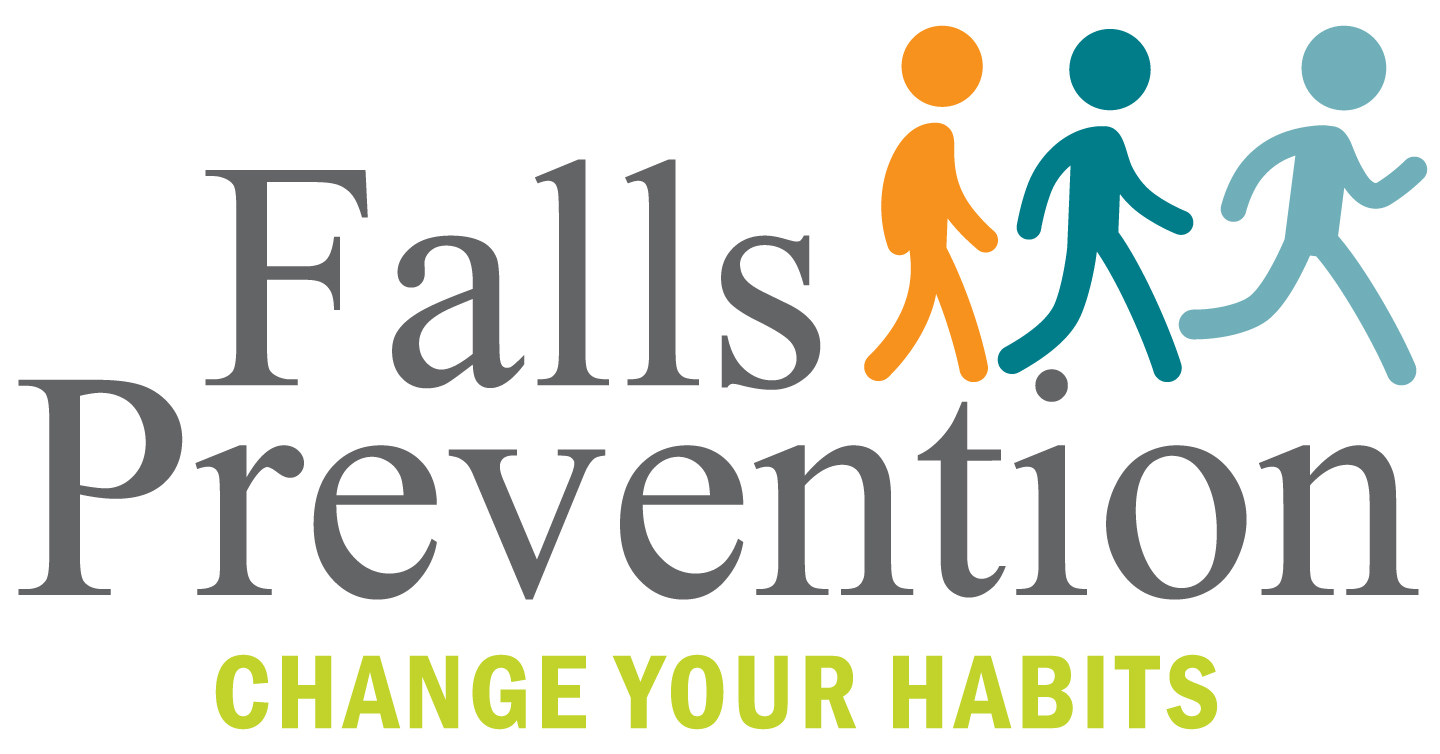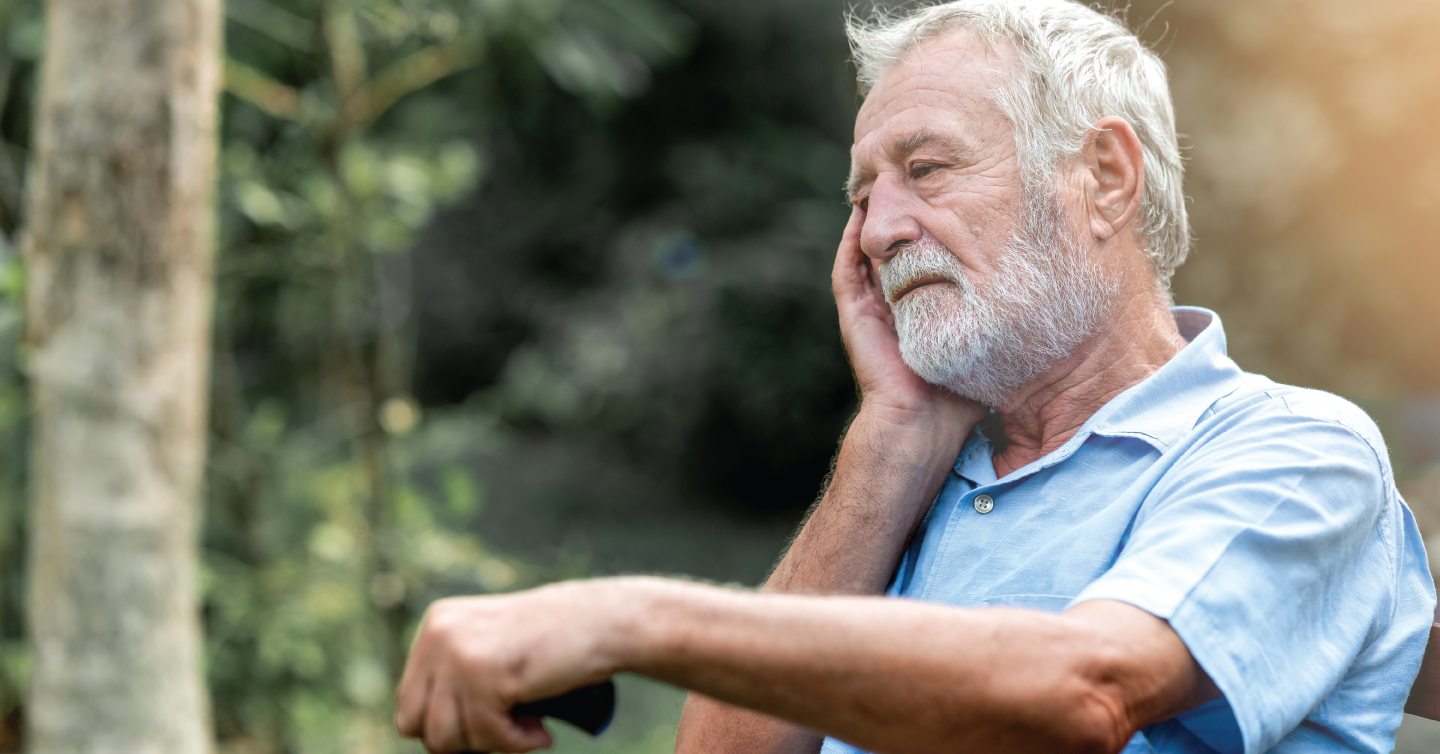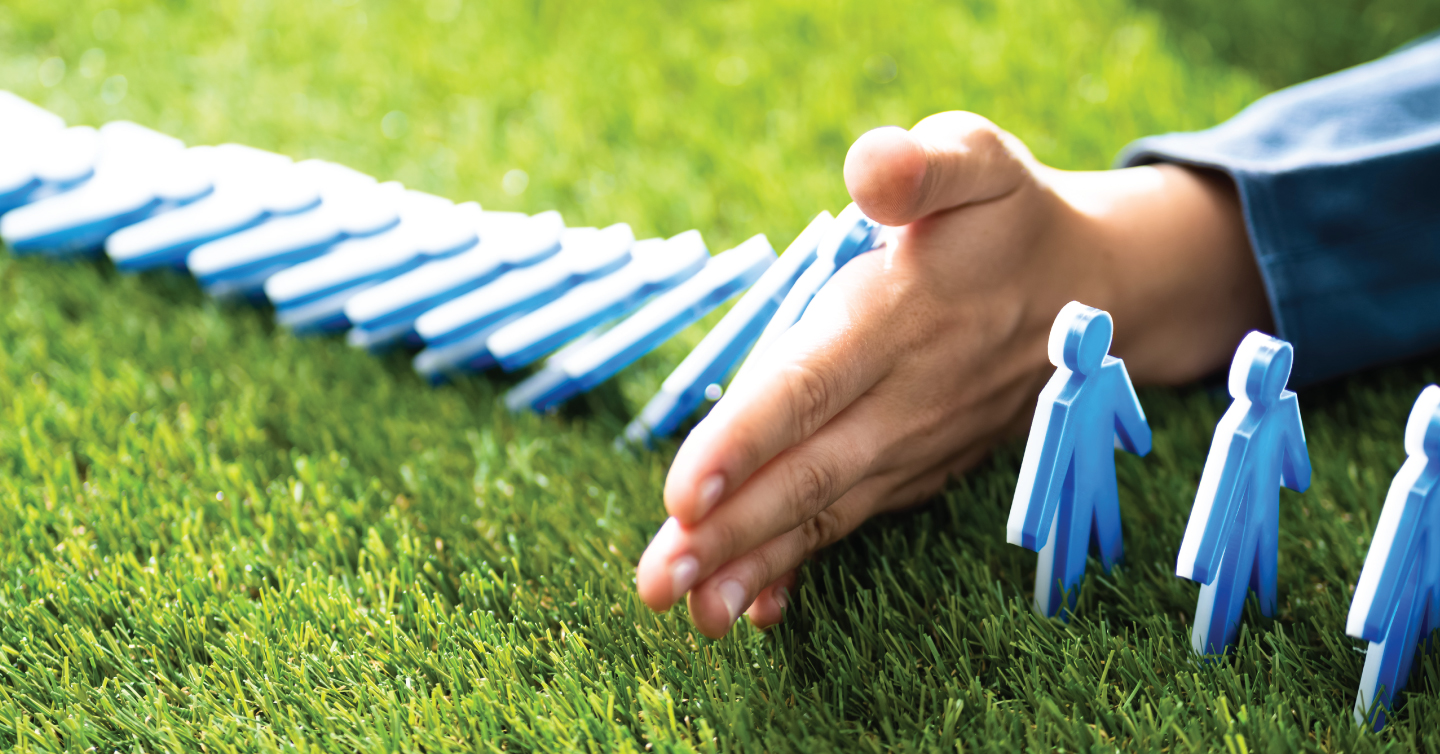Changing Your Lifestyle Can Change Your Risk of Falling

Healthy Habits That Can Reduce Your Falls Risk
Contributed by Jennifer Footit-Tank RN BSN, quality care coordinator at Network Health
3/1/2023
We often go through the day completing routine tasks without having to put much, if any, thought into them. You grab the same blue coffee cup in the morning or sit in the same chair by the same window. This is a habit.
You have probably heard that habits are hard to break. Why is that? Habits are behaviors that have become automatic and easy. Changing them requires your brain’s autopilot to relearn and integrate the new, desired behavior.
The Three R’s of Forming a Habit
How do you change your current habits into ones that will keep you safe from falls? A helpful tip is to remember the three R’s – reminder, routine and reward.
Reminder—What triggers you to start the activity? Example: the phone rings
Routine – What action do you take? Example: you get out of the chair quickly to answer the phone
Reward – What is the benefit of the action? Example: you were able to answer the phone
When it comes to fall prevention, however, there is also a fourth “R.” This one stands for “risk.” Habits can result in actions that may put us at risk of injury as we age. Let’s look at it closer using the example above.
How quickly did you go from a sitting to standing position? Did you feel dizzy but that you had to get to the phone even though the person could have left a message? Was the risk of a fall from dizziness worth answering the phone?
New habits are hard to form, but with small changes you can turn your desired changes into your new habits. In the routine example above, you could remind yourself to stand up slowly and wait for dizziness to pass before walking away from the chair. You could also move the phone next to the chair you sit at or tell people to call back a second time since it takes you a few minutes to get to the phone. The new reward is you can answer the phone, without dizziness or a fall.
[Read more: If a fall occurs, here how to safely get back on your feet]
Healthy Habits to Avoid Falling Down
Here is a list of new habit changes you could make to help prevent falls. Consider challenging yourself to see how many you can adopt over the next several weeks.
- Always carry your cell phone, smart watch or personal emergency response system so that you have it even when you least expect to need it.
- Keep one hand free when carrying items for extra balance. This may mean an extra trip, but you will have support when you need it.
- Slow down and review your action before you start. Be aware of your surroundings.
- Avoid multitasking, as it can cause you to be unable to focus on safety.
- Make sure both feet are solidly on the ground as much as possible. Use the arms of the chair or handrails when getting up from a sitting position.
- When walking outside, be aware of elevation changes, broken or uneven pavement, curbs or piles of wet slippery leaves or ice.
- Eat healthy and stay hydrated. Low blood sugar and dehydration can affect your balance.
[Learn more fall prevention tips]
Developing new habits can take time and you may find that you slip back into old ones. If this happens, reflect on what causes you to fall into old habits and find ways to continue moving toward your goals. Keep the changes small and manageable. Remember you are looking for consistency not just results. With time and patience, you will adopt safer behaviors to stay firmly on your feet.
If you’d like to learn how your Network Health plan can help you with your falls prevention strategy, reach out to us for additional resources. We look forward to hearing from you.



